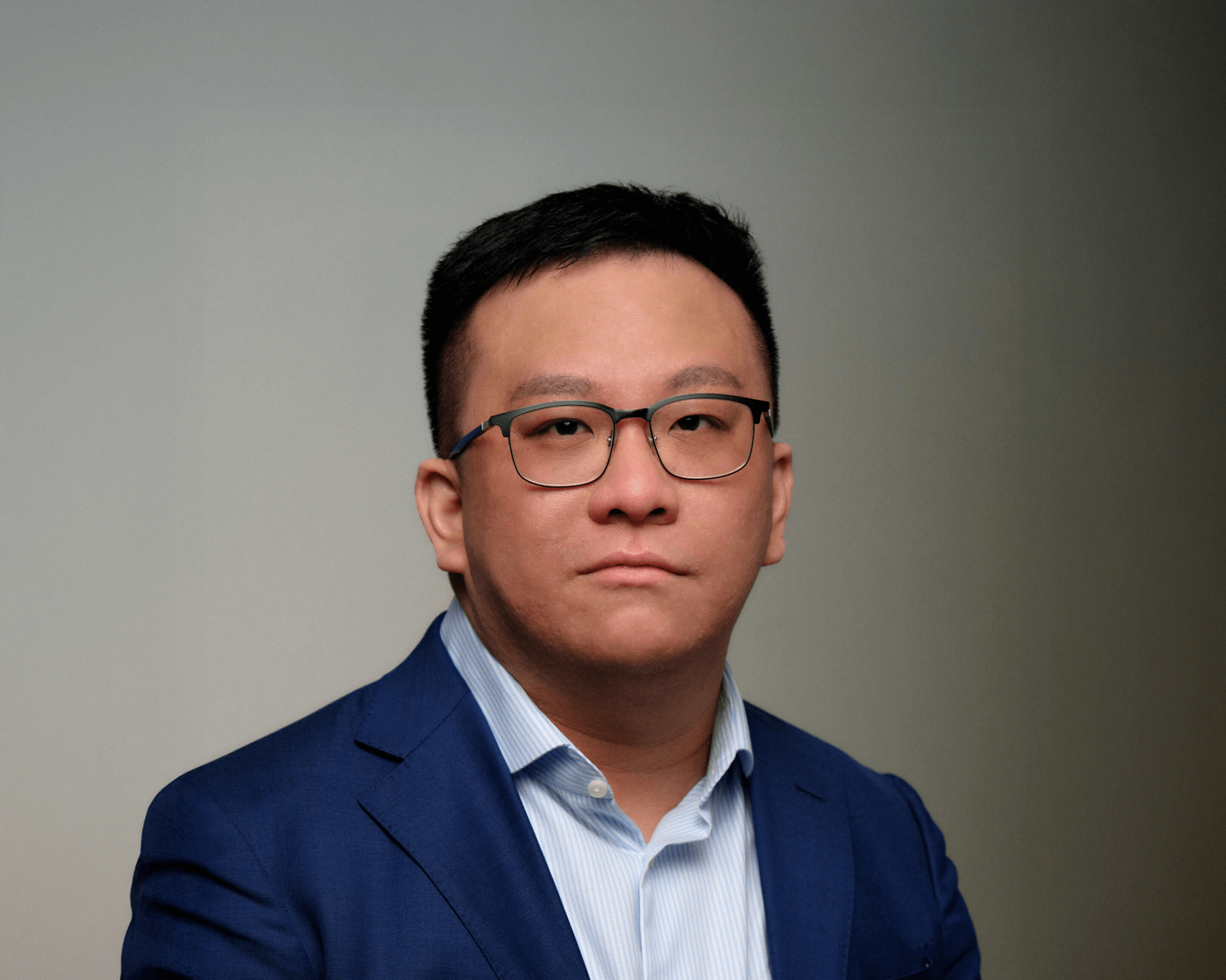The vast structural tunability and compositional diversity of multicomponent materials make them promising for a range of applications, yet the complexity of atomic ordering in such multinary materials, all the way from highly ordered elemental arrangements to fully disordered solid solutions, poses significant challenges in the rational design, rigorous discovery, and global optimization of materials with desired properties. This seminar will explore our recent advancements in leveraging physics-informed, data-driven approaches to predict the chemical dis(order) in these complex materials, offering a new lens to reconcile theoretical, machine learning, and experimental perspectives. Through high-throughput atomistic simulations with physics-driven machine learning, we establish and evaluate data-driven, physics-informed descriptors to universally and accurately predict experimental cation ordering in multicomponent perovskite oxides, providing systematic benchmarks between machine learning, theory, and experiments. More importantly, we examine an overlooked question in designing graph convolutional neural networks—whether these state-of-the-art architectures can learn the dependence of key materials properties on chemical compositions and atomic orderings equally accurately. We demonstrate that although these models can generally capture composition-dependent properties across the periodic table, building ordering-sensitive graph neural networks requires symmetry-aware architectures that can inherently preserve and differentiate the distinct crystallographic symmetries of various inequivalent atomic orderings. Together, our work formalizes standing challenges and pinpoints promising paths for more rigorous AI-driven materials design, where the critical role of chemical (dis)order can be accurately captured.
Biography: Jiayu Peng is an incoming Assistant Professor (starting in January 2025) in the Department of Materials Design and Innovation at the University at Buffalo. He obtained his Ph.D. in Materials Science and Engineering from the Massachusetts Institute of Technology (MIT) in 2022, after which he was a Postdoctoral Associate in the same department at MIT. His research group aims to combine data science and machine learning with materials physics and surface chemistry to elucidate new physical principles and accelerate materials discovery to enable transformative opportunities in decarbonization and sustainability. He has been recognized with the Graduate Student Award from the Materials Research Society and the IUPAC-Zhejiang NHU International Award for Advancements in Green Chemistry for Young Chemists from the International Union of Pure and Applied Chemistry.

Jiayu Peng – Predicting the Chemical (Dis)order in Multicomponent Materials with High-Throughput Simulations and Representation Learning
Sunday, November 17, 2024
12:00 PM - 1:00 PM
12:00 PM - 1:00 PM
About this Seminar
Seminar Category

